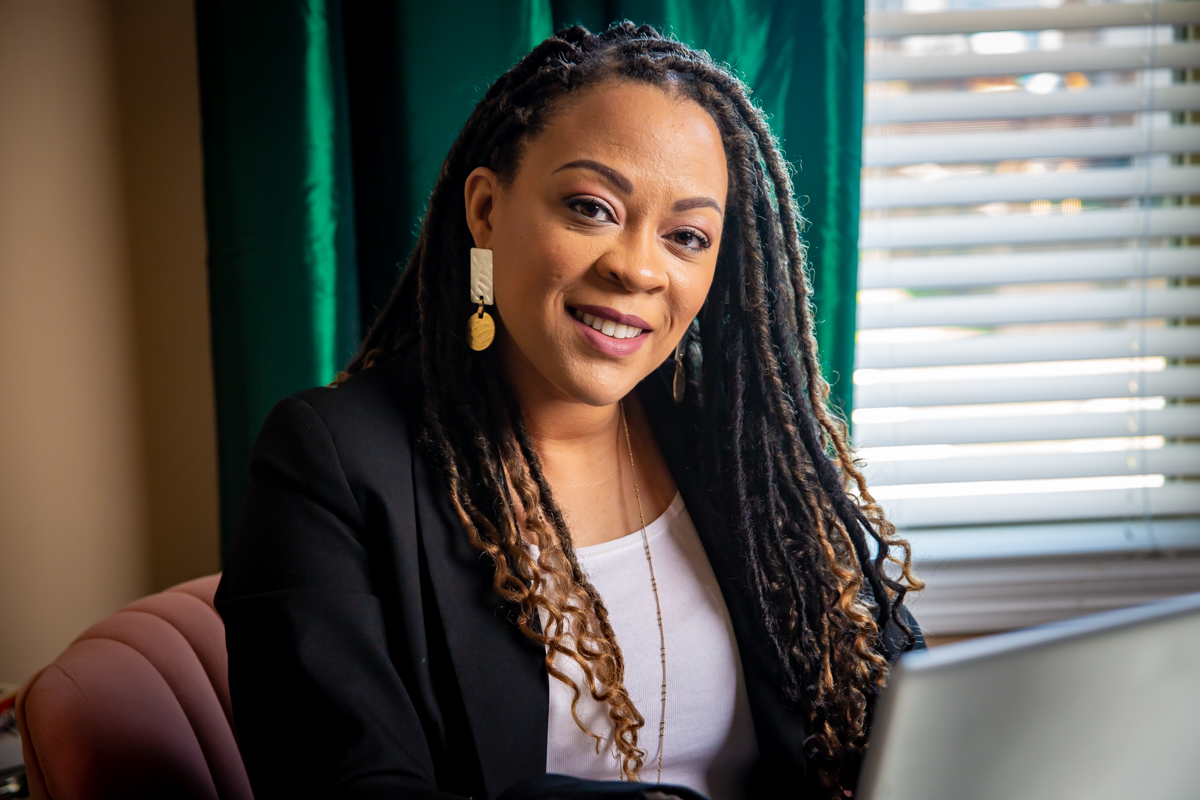
Research shows that certain ethnic groups are more at risk to develop eczema as a child than others, particularly children of Asian, Hispanic, and African American descent.
Eczema is a common skin disorder but can look different on children of color.Research shows that certain ethnic groups are more at risk to develop eczema as a child than others, particularly children of Asian, Hispanic, and AfricanAmerican descent. When I discovered my son had eczema, I had no idea my child could be at a higher risk of developing a skin disease, just purely based on
his ethnicity. Pretty naïve right….well let’s see why.
Itchy Brown Skin
According to the National Health and Nutrition Examination Survey, 19.3 percent of African-American children have eczema, compared to 16.1 percent of white children. Research also shows that eczema is the second most frequent skin disease in African-American children and they are 1.7 times more likely to develop the condition than their white counterparts. Alarming….right!
Genetic and environmental factors fundamental affect whether a child will develop eczema or some form of atopic dermatitis. Generally, a child with a family history of eczema, asthma, or allergies are at a higher risk of having the condition. This is because our genetic dispositions are passed from generation to generation. The genetic mutations that affect the skin barrier cells and immune cells commonly associated with atopic dermatitis, tend to occur more often in some ethnic groups in comparison to others. This would explain why the frequency of eczema is higher in African American, Asian, and Hispanic populations.
Additionally, children who live in urban areas where they are exposed to environmental allergens, such as dust, mold, and smog, are at a greater risk of developing eczema. In our case, we live in a major metropolitan area and have a
strong family history of eczema. To be honest, these were two things I didn’t consider when starting my family. Once I had a child, I had no idea what eczema looked like on brown skin.
Eczema on Brown Skin
When you think of eczema you tend to visualize it as dry, red, itchy and flaky patches, right? However, on brown or darker complexions, symptoms of eczema can be difficult to detect. Eczema tends to look differently on children of darker complexions, in comparison to children of lighter skin tones. On lighter complexions, eczema has the typical appearance of red, flaky patches; whereas on darker skin it will appear as dry, dark brown, purple or ashen grey patches. The differences in appearance can sometimes make it difficult for parents to detect and for physicians to diagnose. According to our pediatrician, two of the primary determining factors for confirming a diagnosis in children of color is the presence of dry/scaling skin and intense itching. The melanin in brown skin makes it more reactive to itching, inflammation and irritation. In fact, African American children actually experience intense itching at higher levels than other ethnicities. They are also more than likely to develop a severe case of the disease. That is why it is so important to immediately relieve the itch on brown skin to avoid other skin conditions, such as hyperpigmentation or hypopigmentation. Children with brown skin will also commonly experience the following unique conditions related to their eczema:
- Rough, small bumps on the torso, arms, and legs (resembles goosebumps)
- Extensive dry skin that requires liberal use of moisturizers multiple times a day
- Dark circles around the eyes
- Thick and dark patches on the skin due to scratching from intense itching on eczema prone areas, aka “hot spots”
- Higher rate of pigmentary changes on healed skin (may appear darker or lighter than surrounding skin)
Click here for information on treatment options for Itchy Brown Skin.
Emotional Impact
As a parent of a child with brown skin suffering from eczema, I can tell you firsthand the emotional toll and challenge this condition can bring on a caregiver. The sense of helplessness is enough to bring you to tears! With brown skin, there are so many other factors you have to consider outside of managing symptoms, specifically discoloration of skin. Seeing your child’s healed skin appear lighter or darker than the surrounding skin after a flare, can be heartbreaking. But I am here to say, there is hope! Once you have the eczema under control, the skin can potentially return back to normal; however, be patient as it can take several months up to a year.
